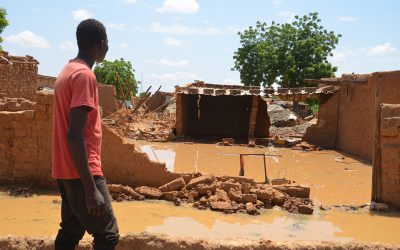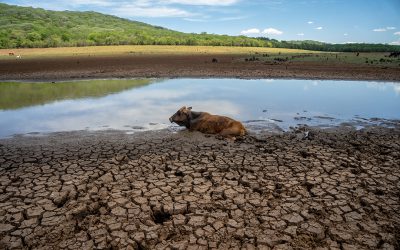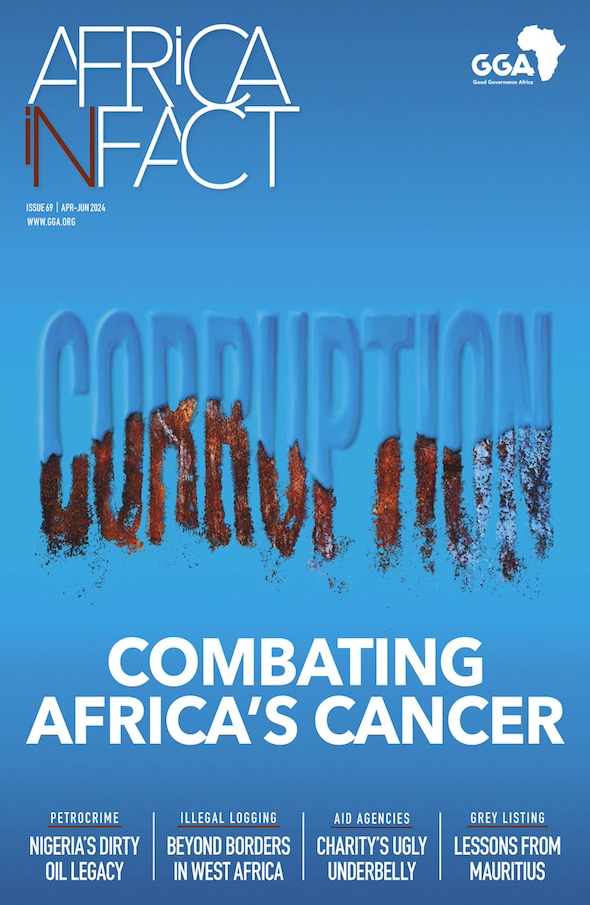What is the focus of this GGA Programme?
Articles from this programme
COP26: Evaluating its outcomes from an African perspective
On 12 November 2021, the United Nations 26th Annual Climate Summit (COP26) concluded in Glasgow with a series of new commitments and pledges signed to address the global climate crisis. Despite...
Transnational climate governance or national climate policy – what matters more?
Over the past two decades, countries have battled to reach meaningful multilateral consensus on reducing carbon emissions at international climate change negotiations. Globally, climate action...
Climate finance and COP26 – A key issue for Africa
After being postponed by a year due to COVID-19, the United Kingdom will host the long-anticipated 26th annual United Nations Global Climate Summit (COP26) in Glasgow in November. Experts agree that...
The dangers of China-funded coal mining for Botswana’s future
China is the world’s leading emitter of greenhouse gases (GHGs), and one of the largest coal investors in Africa. China accounts for 27% of total GHGs, while the EU only accounts for 6%. Africa’s...
The G7 summit and Africa: International commitments versus local realities
Africa contributes less than 4% of global carbon emissions, but is bearing the brunt of climate change The Group of Seven (G7) 47th summit was held in Cornwall in the United Kingdom from 11 to 13...
Trouble in the Kingdom of eSwatini
Navigating calls for democratic reform in Africa’s last remaining absolute monarchy Over the past week, the Kingdom of eSwatini has been rocked by pro-democracy protests. What began as a public...
READ BETWEEN THE LINES
Sign-up to our newsletter to get the inside track on Africa
Human Security and Climate Change
Our Human Security and Climate Change (HSCC) team explores the nexus between climate change and conflict, along with other emerging security challenges facing the continent. Climate change-induced landscape changes, along with other degradations of the natural environment, combined with poor governance, are a perfect storm for exacerbating insecurity on the continent, especially in already-fragile contexts. For instance, climate change is already driving migration, which places pressure on available resources, which in turn can generate conflict. Given that conflict systems are increasingly regional in nature and thus require an unprecedented level of coordination and collaboration between states, the programme:
- Generates timely strategic insights and analyses for policymakers and practitioners on Africa’s exigent security challenges by conducting and drawing on evidence-based research, new datasets, and emerging analytical tools;
- Aids in the development and implementation of policies through strategic partnerships, advocacy, and utilizing effective monitoring and evaluation practises.
The HSCC team is also the custodian of our Conflict in Africa Monitor (CAM), which ingests real-time data to indicate geographically where conflict risks are apparent and growing, and what might be done to mitigate them.









